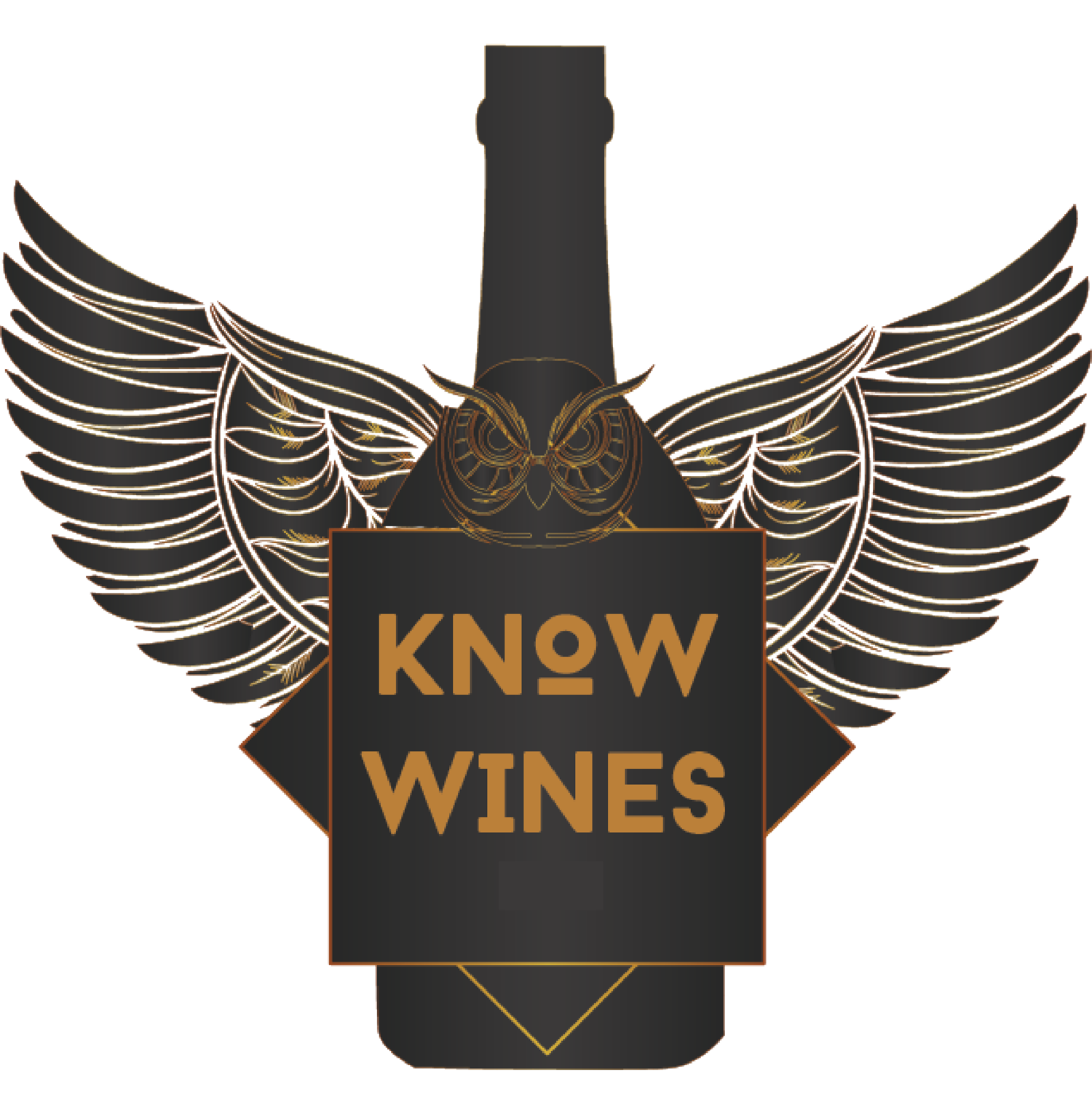Have you always wanted an empowered wine-purchasing experience? Have you ever found yourself wishing you could tell a wine seller, with confidence, exactly what you want to taste? As in, “I like dry, full-bodied fruity wines with black fruit, medium acidity, and fine tannins”? For many people, that kind of language is intimidating and unfamiliar. And yet, understanding the nuances of fine wine doesn’t have to be as complicated as it may first appear. So, how does one find such confidence and, in turn, such vocabulary?
Traditionally, most people (including myself!) try different wines and gradually discover one or two “safe” varieties or brands that they really like, excluding ones they don’t like. For example, you may discover that you like a specific Chardonnay from Napa, California but dislike a particular Pinot Noir from Chile. That Chardonnay, then, may be your go-to wine for a long while. If you tire of that brand, you may explore other Chardonnays from other grape growing regions. This approach, though it sounds logical, doesn’t make a lot of sense. For example, while the variety of grape may be the same, the style could potentially be quite different.
For a long time, I was happy with my go-to wines. I knew what I liked and what I didn’t like and kept a mental list of those varieties, brands, and winemakers. Then, I moved halfway across the country and was exposed to a new cuisine. In my social and work interactions, there were new expectations: to entertain colleagues, have good food and wine on the table for friends, and to stay within a budget. I evolved from a creature of habit to an aspirational drinker and then finally to someone who drank wine with joy and curiosity. At that point, I knew I needed the verbiage to accompany my newfound love for this complex drink. For this verbiage, though, I needed a framework for understanding wine - it’s sweetness and acidity, its texture and aroma, it’s origin and varieties. I was not able to progress in my knowledge of wine and become a truly confident consumer until I had gained that framework.
The good news is that there has never been a better time to be a wine consumer. We have almost the entire world of wine at our fingertips, all available at transparent prices with a few clicks and swipes of the smartphone. The challenge for consumers is to articulate what we like and why we like it. In short, the more you know about wine, the better your wine purchases will be. You need to know at least enough to understand what makes you happy.
And there’s more good news - becoming an educated, empowered consumer of wine is so much easier than most people think! KnowWines tasting experiences and reviews focus on wine basics and comparing benchmark examples in order to give you the context to speak about your wine preferences. While most wine expertise comes gradually (as my own did!), we utilize expert techniques to accelerate the learning of your and your friends. In the KnowWines blog, I share everything I’ve learned over the years, from what to wear to a vineyard to getting the most out of a trip to Bordeaux.
You’ll be grateful that you can talk to sommeliers and bottle shop owners with confidence, and they will be grateful for passionate, well informed customers who are open to new tastes.
Cheers!

